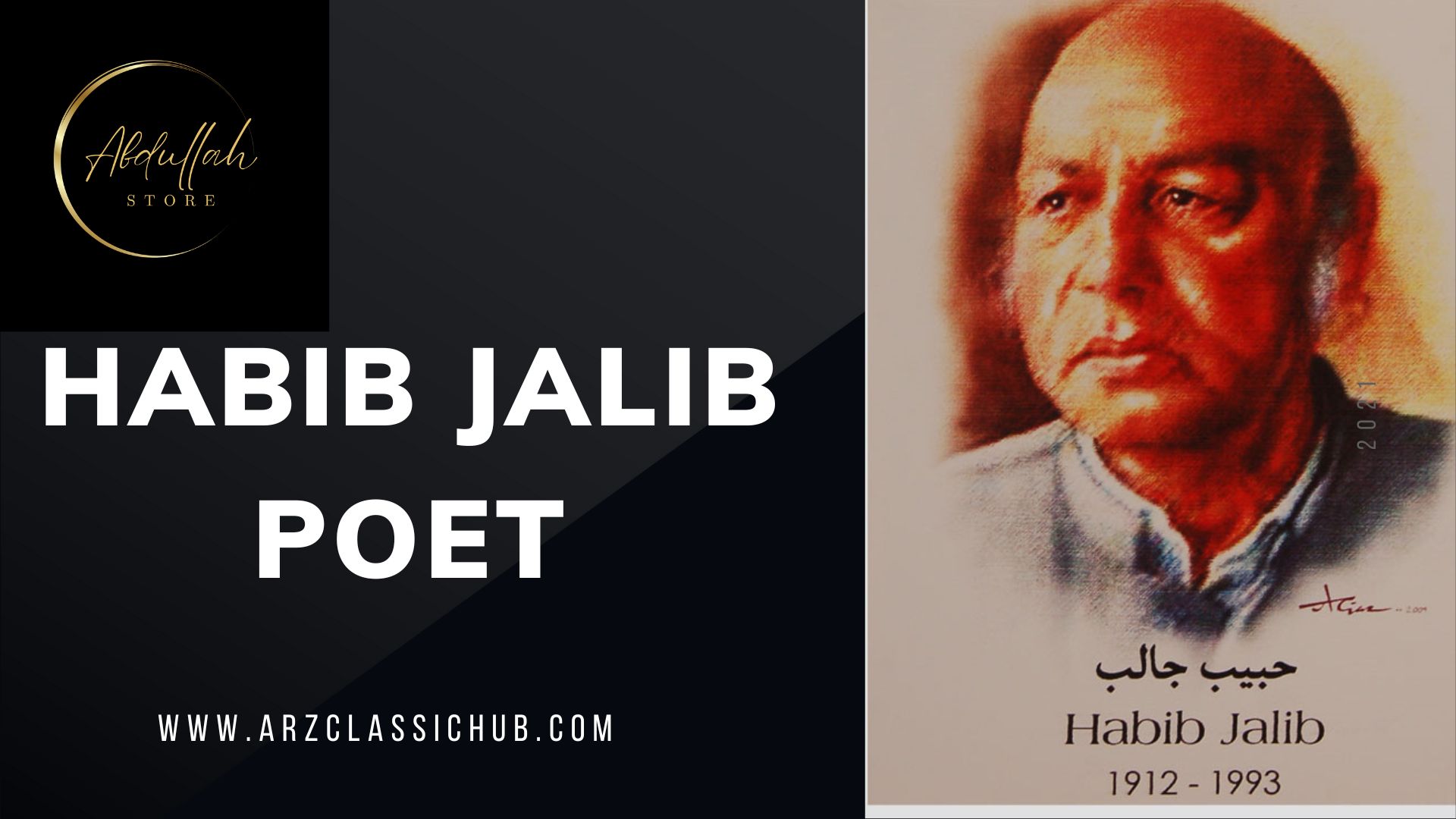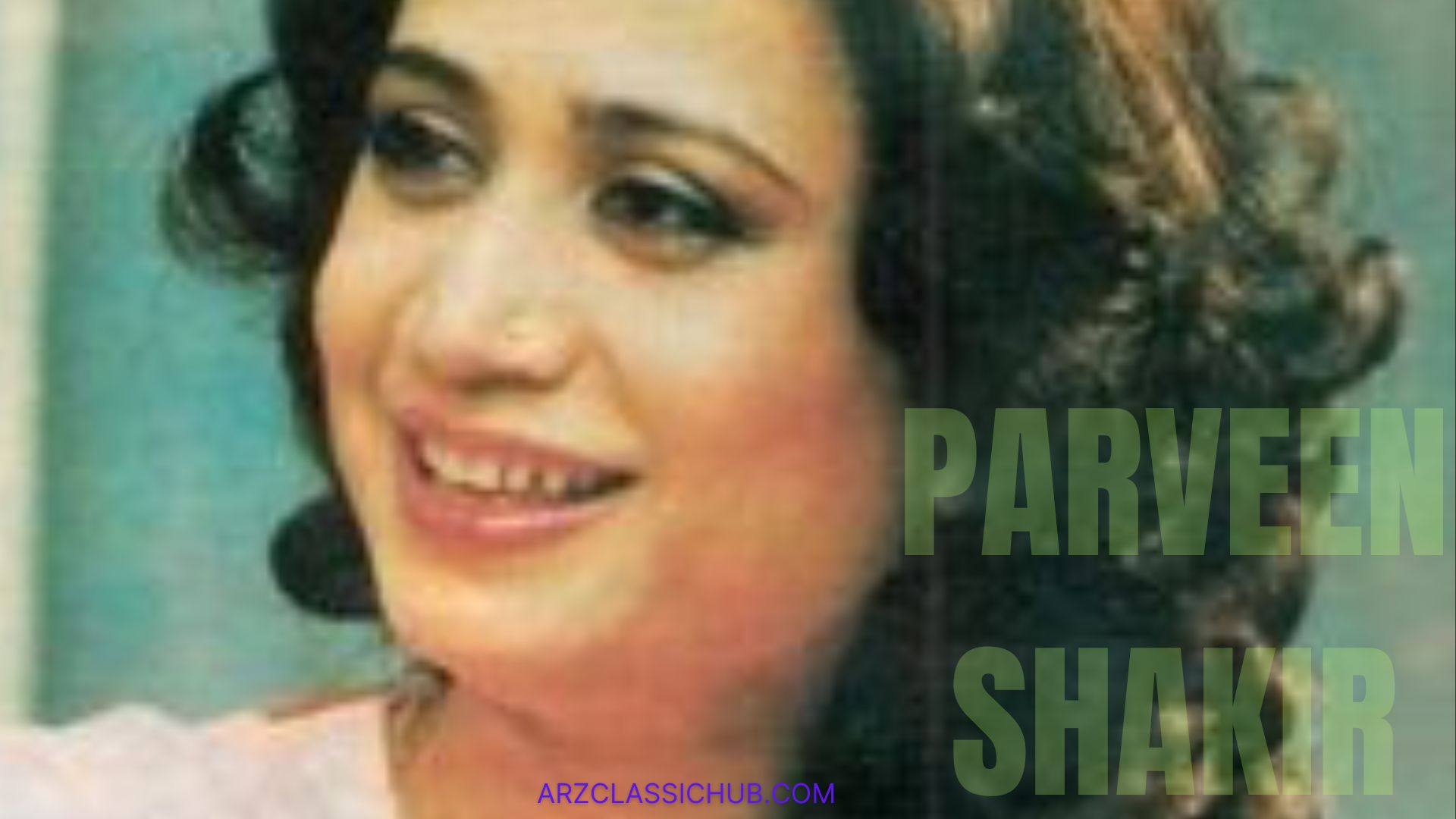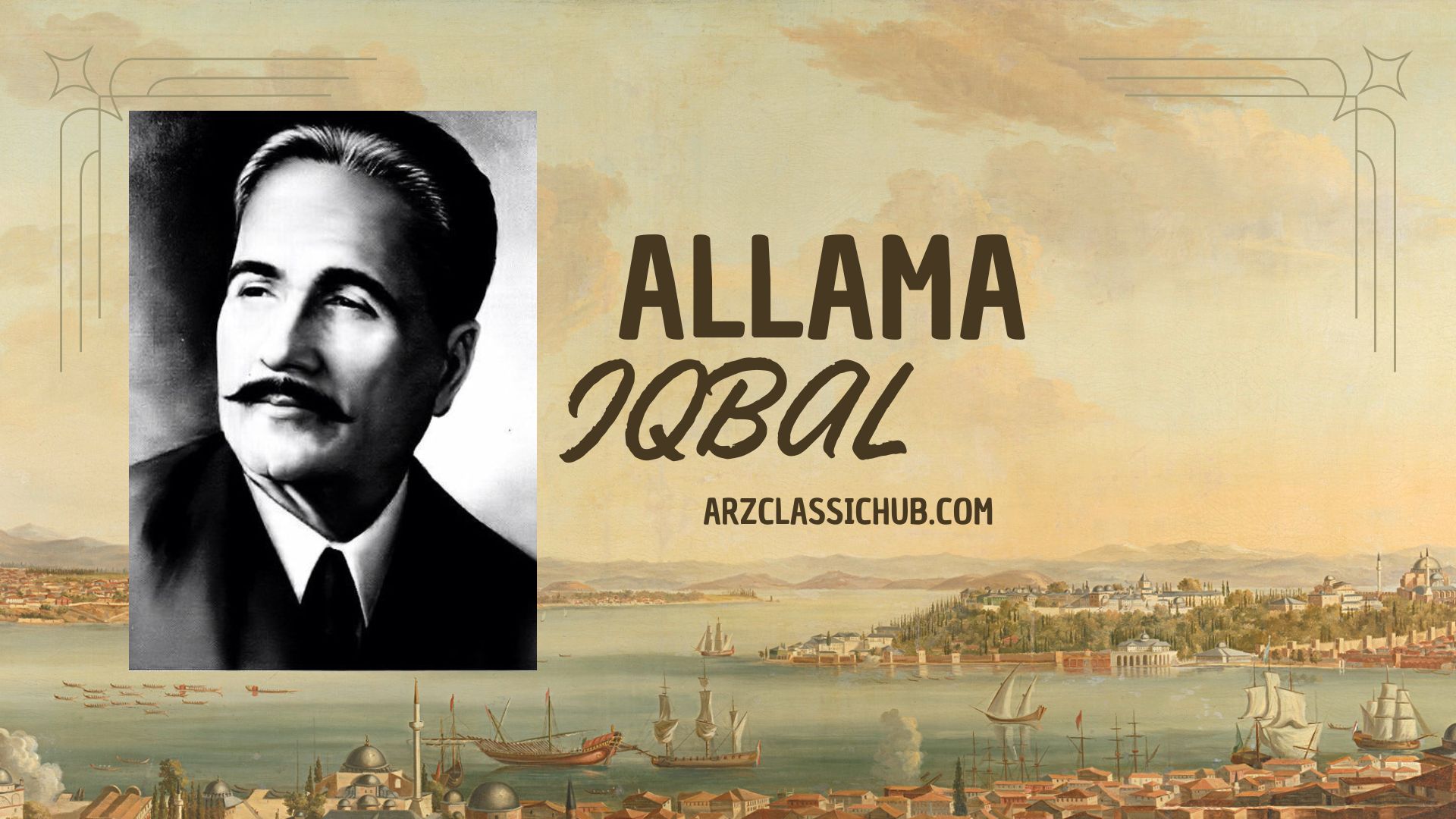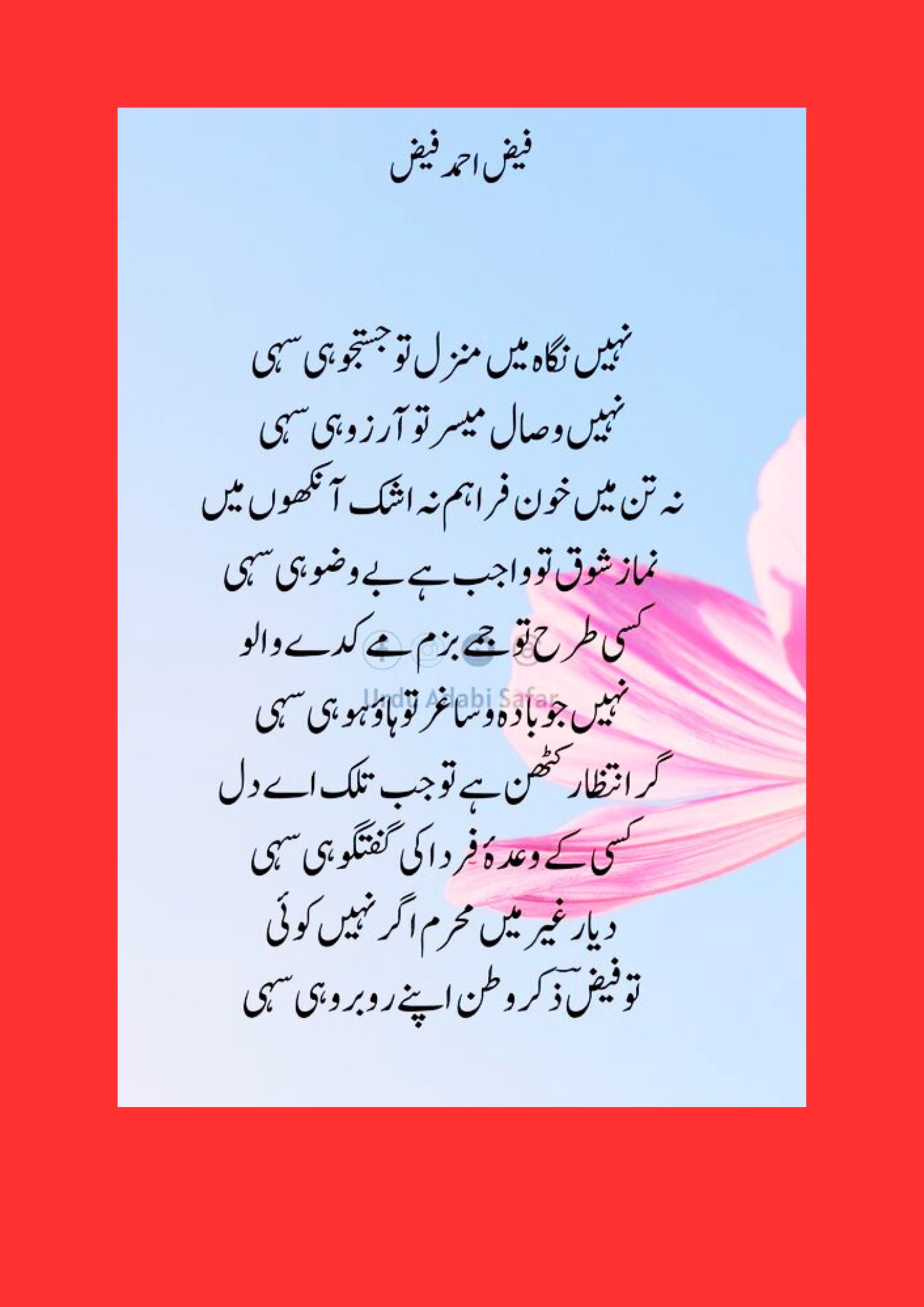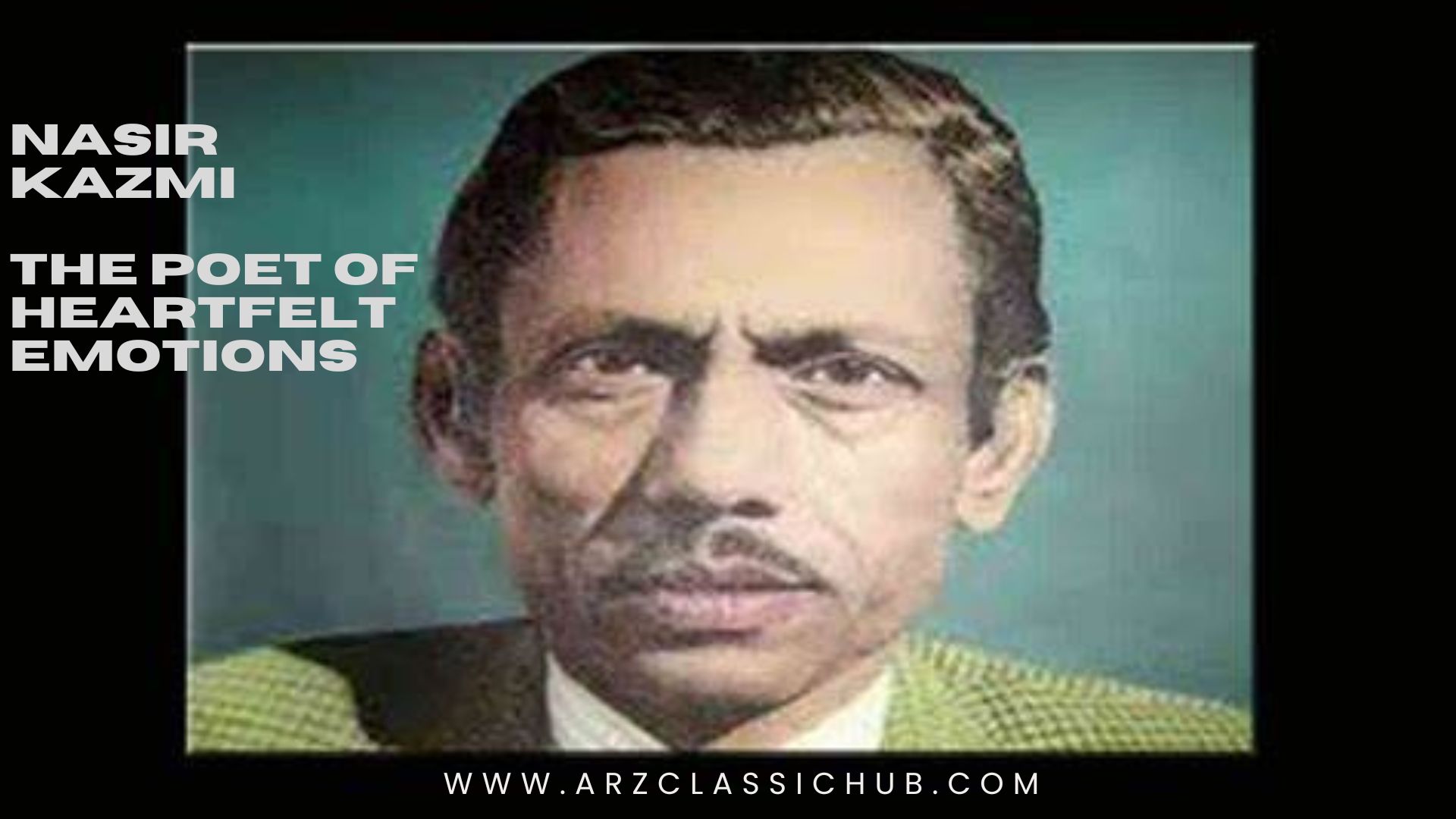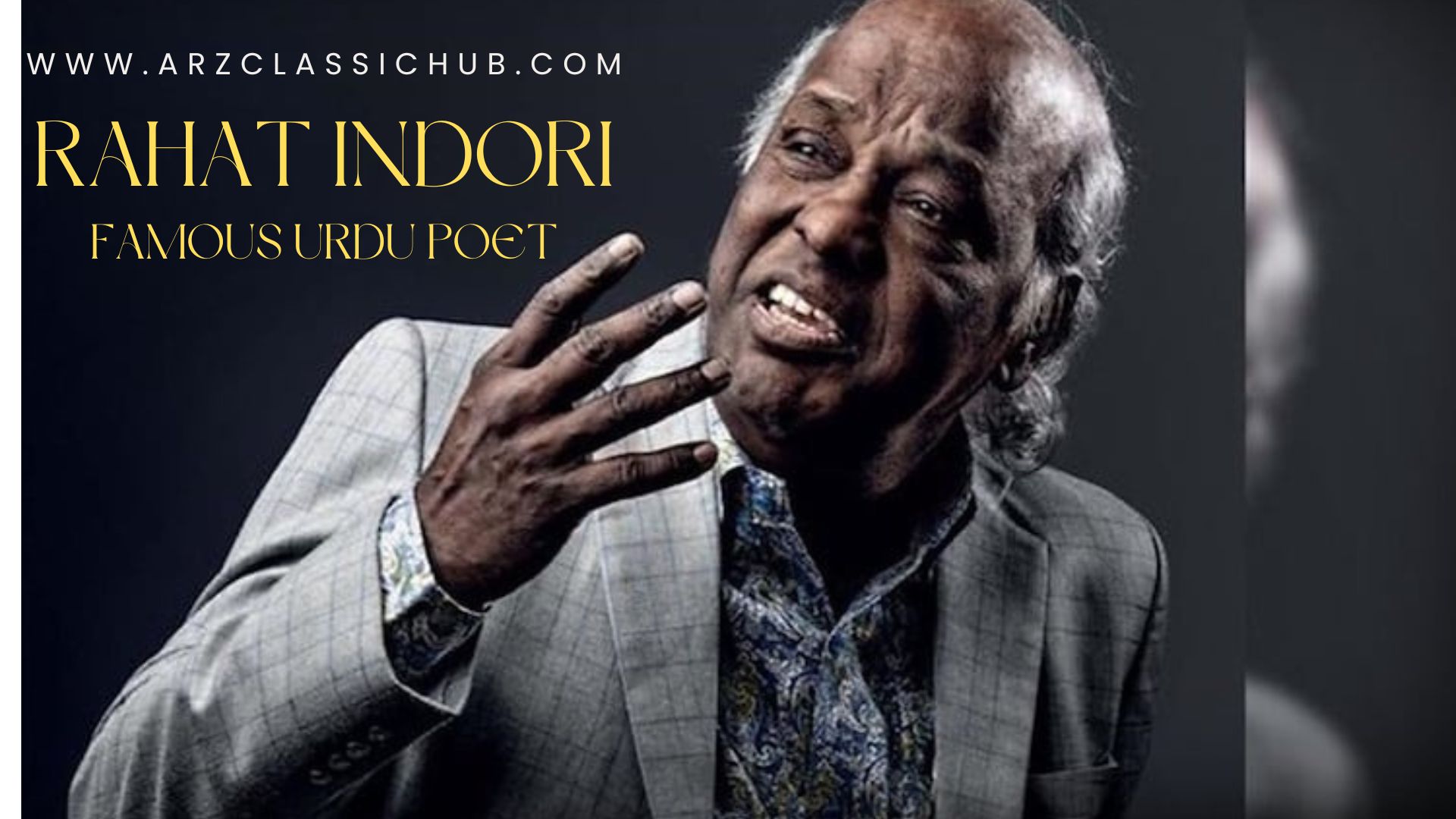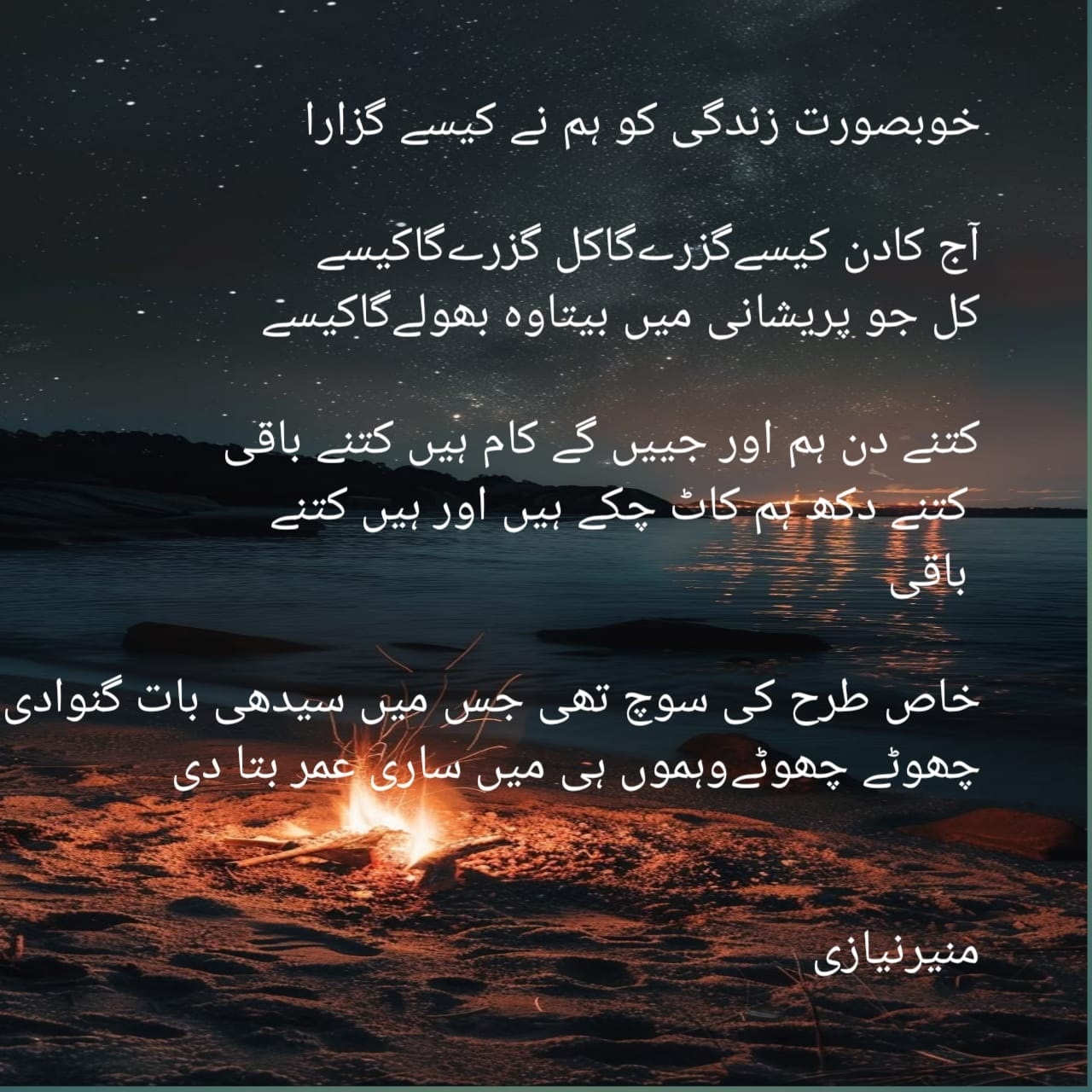Habib Jalib Poet
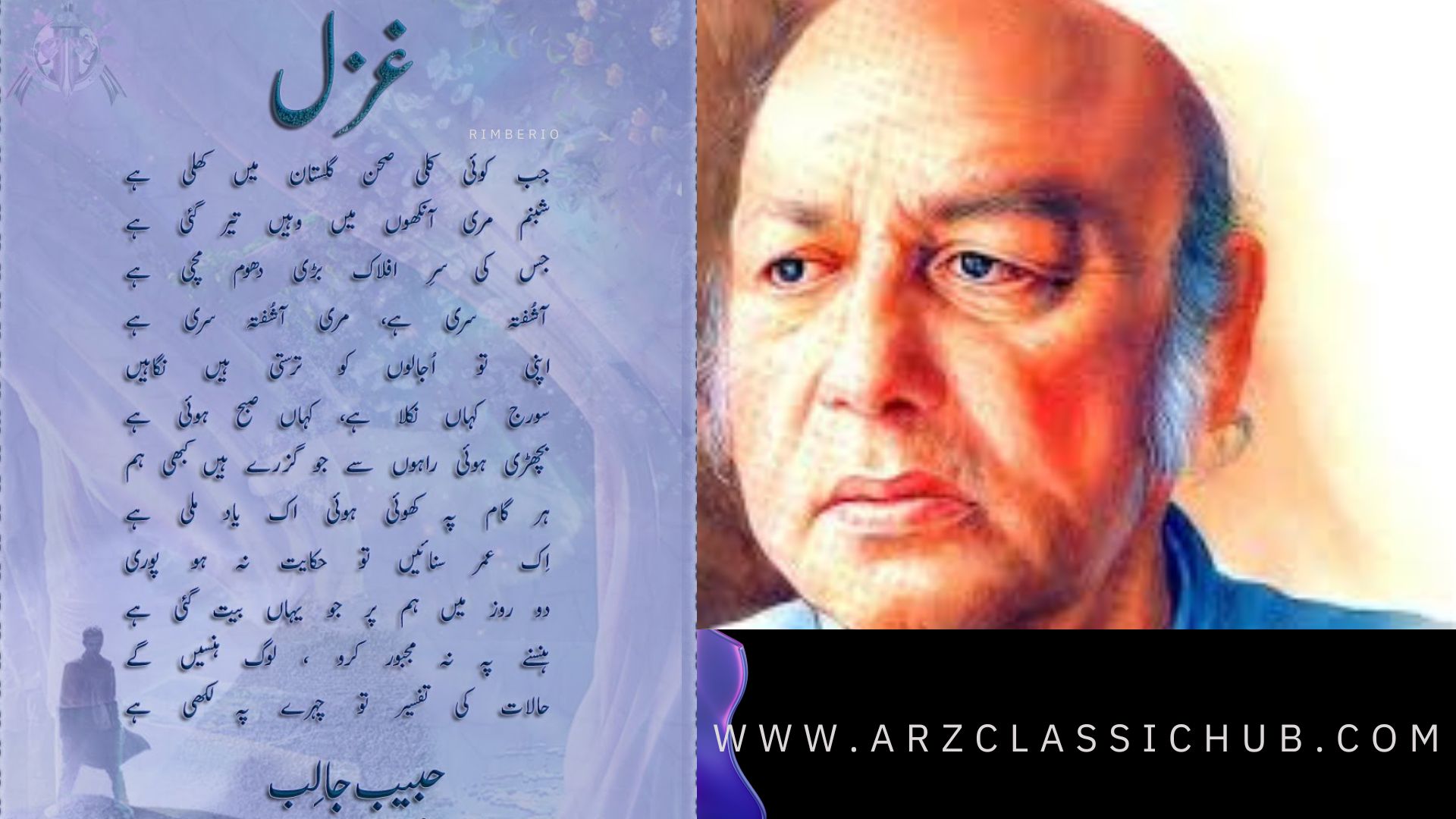
Habib Jalib is one of the most iconic and influential poets in Urdu literature, known for his revolutionary poetry that gave voice to the oppressed and the marginalized. Born on March 24, 1928, in Hoshiarpur (now in India), Jalib became a prominent figure in Pakistan’s literary and political landscape. His poetry, deeply rooted in social justice and resistance against tyranny, earned him the title of the “People’s Poet.” His life and work reflect his commitment to democracy, freedom, and the rights of ordinary people.
Early Life and Background:
Habib Jalib was born in a family that witnessed the turbulent times of partition in 1947 when India was divided to form Pakistan. The partition led to widespread violence, displacement, and upheaval, which significantly shaped Jalib’s worldview. His early exposure to the socio-political challenges faced by the common people in Pakistan laid the foundation for his future as a poet of resistance. Jalib’s literary journey started with his love for poetry, but unlike many of his contemporaries, he was not drawn to the traditional themes of romance and beauty. Instead, his poetry quickly evolved into a medium for social criticism and political commentary. He did not write for the elite or the aristocracy but for the common man—those who were oppressed, disenfranchised, and silenced by the ruling regimes.Poetry as a Tool for Resistance:
What truly set Habib Jalib apart from other poets was his use of poetry as a tool for political resistance. His verses became a powerful weapon against oppressive regimes, especially against military dictatorships in Pakistan. His poetry was simple yet potent, making it accessible to the masses. Jalib’s work spoke to the struggles of the working class, the poor, and the marginalized sections of society, providing them with a voice in times of political turmoil. His poetry directly criticized the oppressive practices of those in power. One of his most famous poems, “Dastoor” (“Constitution”), became an anthem of resistance against the military dictatorship of General Zia-ul-Haq in the 1980s. In this poem, Jalib criticized the regime’s disregard for the people’s rights and its authoritarian control over the nation. The lines of “Dastoor” echoed the frustrations of ordinary citizens who were yearning for freedom and democracy. Another famous poem, “Sab Tumhara Hai” (“Everything is Yours”), critiques the wealth inequality and exploitation of the common people by the ruling class. Jalib used simple, straightforward language to articulate complex political ideas, making his poetry relatable to the common folk. His famous lines—”Na thhe hum, na hain, na thhengen hum”—”We were not, we are not, and we will never be silent”—have become a symbol of resistance against oppression.Jalib’s Democratic Ideals:
Jalib’s commitment to democracy and freedom was evident throughout his life and work. He was an outspoken critic of military dictatorships and authoritarian regimes in Pakistan, particularly during the rule of General Ayub Khan, General Yahya Khan, and General Zia-ul-Haq. He strongly believed in the power of the people to bring about change, and his poetry often called for the restoration of democratic institutions and the protection of human rights. Jalib’s poetry not only addressed political issues but also emphasized the importance of solidarity and unity among the common people. He was a vocal supporter of labor movements, workers’ rights, and the fight for equality. His poems highlighted the exploitation of the working class by the rich and powerful, and he encouraged the masses to rise against their oppressors. One of his poems, “Musheer” (“The Advisor”), criticizes the sycophantic behavior of political advisors and the lack of accountability in government. In this poem, Jalib highlights how the ruling class often listens only to those who flatter them, rather than those who speak the truth. His poems not only criticized political corruption but also called for a more just and equal society.Jalib’s Influence and Legacy:
Habib Jalib’s influence on Urdu literature and political thought is immense. He was not just a poet; he was a revolutionary figure who used his pen to challenge the status quo. His poetry resonated with people across social, economic, and political boundaries. It inspired countless individuals to stand up for their rights and to challenge oppression, no matter the cost. Despite facing censorship and persecution from the government, Jalib never compromised on his principles. He was arrested multiple times, and his poetry was banned at various points in Pakistan’s history. However, these challenges only strengthened his resolve. Jalib continued to speak out against injustice, using his poetry to raise awareness about political issues and to rally people against the oppression they faced. Jalib’s legacy extends beyond the realm of poetry. His words became a symbol of resistance, hope, and resilience. His poems were recited at political rallies, labor protests, and social movements, becoming anthems for those fighting for democracy and freedom. Even today, his poems continue to inspire activists, politicians, and artists who are fighting for social justice.Notable Works:
Some of the most significant poems by Habib Jalib include:- “Dastoor” (Constitution): A fierce critique of the military dictatorship of General Zia-ul-Haq, this poem calls for the restoration of democracy and the rights of the people.
- “Sab Tumhara Hai” (Everything is Yours): A powerful statement on wealth inequality and the exploitation of the poor by the ruling class.
- “Musheer” (The Advisor): A satire on the sycophantic nature of political advisors who seek power through flattery, ignoring the real needs of the people.
- “Zinda Hai” (He is Alive): This poem celebrates the undying spirit of the people and emphasizes that the struggle for justice will continue, no matter the obstacles.

